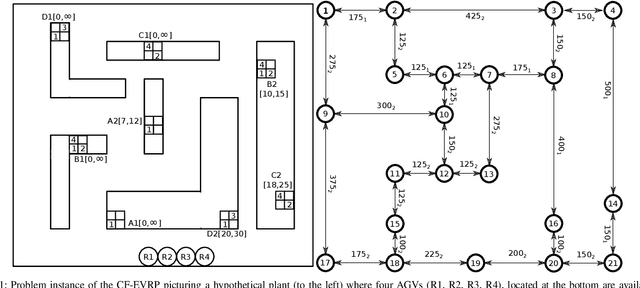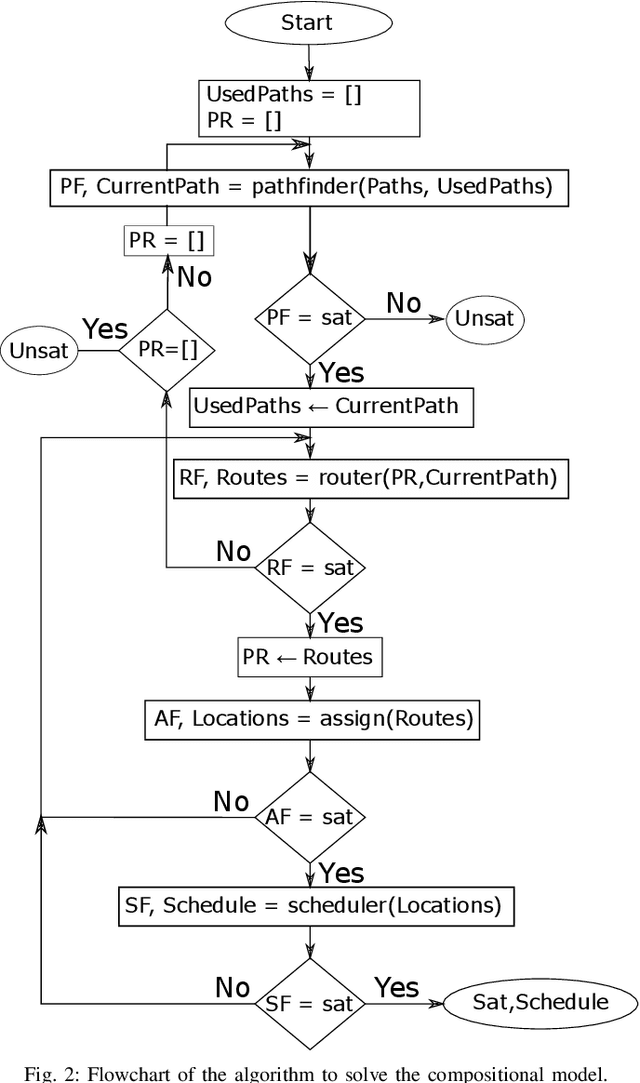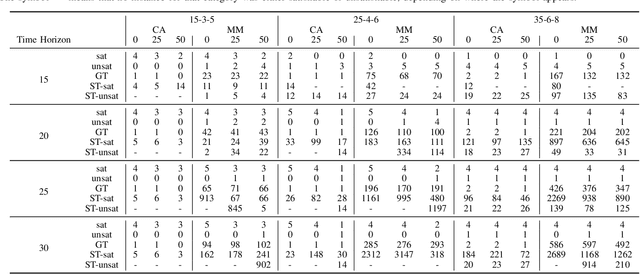Sabino Francesco Roselli
Infrastructure-based Autonomous Mobile Robots for Internal Logistics -- Challenges and Future Perspectives
Dec 17, 2025



Abstract:The adoption of Autonomous Mobile Robots (AMRs) for internal logistics is accelerating, with most solutions emphasizing decentralized, onboard intelligence. While AMRs in indoor environments like factories can be supported by infrastructure, involving external sensors and computational resources, such systems remain underexplored in the literature. This paper presents a comprehensive overview of infrastructure-based AMR systems, outlining key opportunities and challenges. To support this, we introduce a reference architecture combining infrastructure-based sensing, on-premise cloud computing, and onboard autonomy. Based on the architecture, we review core technologies for localization, perception, and planning. We demonstrate the approach in a real-world deployment in a heavy-vehicle manufacturing environment and summarize findings from a user experience (UX) evaluation. Our aim is to provide a holistic foundation for future development of scalable, robust, and human-compatible AMR systems in complex industrial environments.
A Comparative Study of SMT and MILP for the Nurse Rostering Problem
May 15, 2025



Abstract:The effects of personnel scheduling on the quality of care and working conditions for healthcare personnel have been thoroughly documented. However, the ever-present demand and large variation of constraints make healthcare scheduling particularly challenging. This problem has been studied for decades, with limited research aimed at applying Satisfiability Modulo Theories (SMT). SMT has gained momentum within the formal verification community in the last decades, leading to the advancement of SMT solvers that have been shown to outperform standard mathematical programming techniques. In this work, we propose generic constraint formulations that can model a wide range of real-world scheduling constraints. Then, the generic constraints are formulated as SMT and MILP problems and used to compare the respective state-of-the-art solvers, Z3 and Gurobi, on academic and real-world inspired rostering problems. Experimental results show how each solver excels for certain types of problems; the MILP solver generally performs better when the problem is highly constrained or infeasible, while the SMT solver performs better otherwise. On real-world inspired problems containing a more varied set of shifts and personnel, the SMT solver excels. Additionally, it was noted during experimentation that the SMT solver was more sensitive to the way the generic constraints were formulated, requiring careful consideration and experimentation to achieve better performance. We conclude that SMT-based methods present a promising avenue for future research within the domain of personnel scheduling.
Experiments with Optimal Model Trees
Mar 17, 2025Abstract:Model trees provide an appealing way to perform interpretable machine learning for both classification and regression problems. In contrast to ``classic'' decision trees with constant values in their leaves, model trees can use linear combinations of predictor variables in their leaf nodes to form predictions, which can help achieve higher accuracy and smaller trees. Typical algorithms for learning model trees from training data work in a greedy fashion, growing the tree in a top-down manner by recursively splitting the data into smaller and smaller subsets. Crucially, the selected splits are only locally optimal, potentially rendering the tree overly complex and less accurate than a tree whose structure is globally optimal for the training data. In this paper, we empirically investigate the effect of constructing globally optimal model trees for classification and regression with linear support vector machines at the leaf nodes. To this end, we present mixed-integer linear programming formulations to learn optimal trees, compute such trees for a large collection of benchmark data sets, and compare their performance against greedily grown model trees in terms of interpretability and accuracy. We also compare to classic optimal and greedily grown decision trees, random forests, and support vector machines. Our results show that optimal model trees can achieve competitive accuracy with very small trees. We also investigate the effect on the accuracy of replacing axis-parallel splits with multivariate ones, foregoing interpretability while potentially obtaining greater accuracy.
An SMT Based Compositional Algorithm to Solve a Conflict-Free Electric Vehicle Routing Problem
Jun 30, 2021


Abstract:The Vehicle Routing Problem (VRP) is the combinatorial optimization problem of designing routes for vehicles to visit customers in such a fashion that a cost function, typically the number of vehicles, or the total travelled distance is minimized. The problem finds applications in industrial scenarios, for example where Automated Guided Vehicles run through the plant to deliver components from the warehouse. This specific problem, henceforth called the Electric Conflict-Free Vehicle Routing Problem (CF-EVRP), involves constraints such as limited operating range of the vehicles, time windows on the delivery to the customers, and limited capacity on the number of vehicles the road segments can accommodate at the same time. Such a complex system results in a large model that cannot easily be solved to optimality in reasonable time. We therefore developed a compositional model that breaks down the problem into smaller and simpler sub-problems and provides sub-optimal, feasible solutions to the original problem. The algorithm exploits the strengths of SMT solvers, which proved in our previous work to be an efficient approach to deal with scheduling problems. Compared to a monolithic model for the CF-EVRP, written in the SMT standard language and solved using a state-of-the-art SMT solver the compositional model was found to be significantly faster.
 Add to Chrome
Add to Chrome Add to Firefox
Add to Firefox Add to Edge
Add to Edge